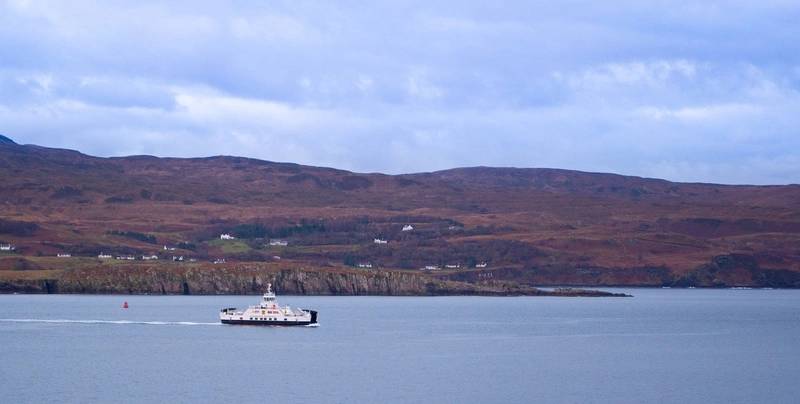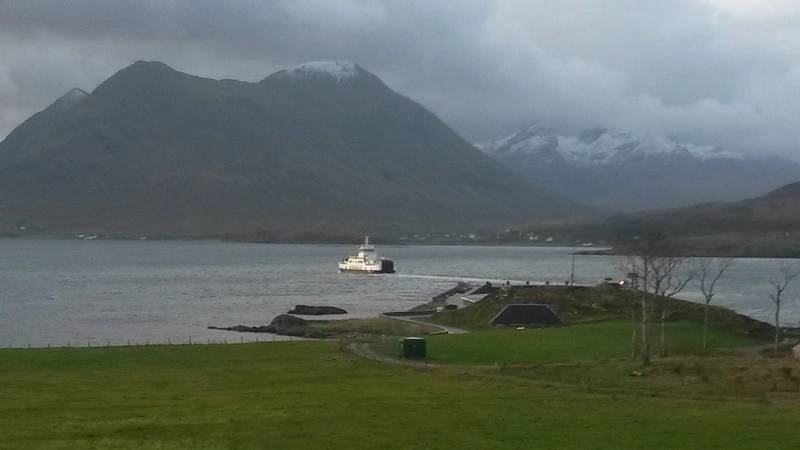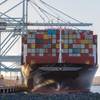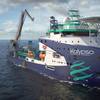38% Fuel Savings for Hybrid Ferry
When Imtech Marine was asked to supply a hybrid propulsion system to the first ever diesel electric, hybrid seagoing ferries to the Scottish state-owned ferry operator, Caledonian Maritime Assets Ltd. (CMAL) in 2011, fuel savings of around 20% were expected, the company said. Following extensive trials Imtech Marine announced that the actual fuel savings with the innovative hybrid system - consisting of diesel electric in combination with battery technology - were up to 38%.
CMAL operates 30 ferries on the west coast of Scotland to 18 islands. Imtech Marine has now provided two CMAL ferries with the hybrid system. Jim Anderson of CMAL said, “In our initial estimates we had planned to save at least 20% on fuel, when we received the reports that the actual fuel savings were almost twice that number we were pleasantly surprised. With this achievement the CO2 emissions have been effectively reduced so we also made a major step towards the reduction of the carbon footprint.”
Imtech Marine carried out two weeks of optimizing trials on the MV Hallaig, which operates between the Isle of Skye and Raasay, an island inhabited by around 150 people. It was hoped that the tests could prove the value of hybrid technology and provide the foundation for future developments.
Alexander Breijs, Imtech Marine Consultant Energy Systems, who was one of those on board carrying out the tests, commented, “On closer examination of these fuel savings, some 28% came from shore charging the batteries overnight, making the system more efficient, and the remaining 10% is the result of the fact that Imtech Marine is using the battery energy in a ‘smart’ way via our new Energy Management System (EMS).” Eventually, the batteries will be charged using the island’s own wind energy, making the system even more environmentally friendly.
The systems experts started on board by measuring the efficiencies of individual components under various conditions such as the fuel consumption of the diesel generators, efficiencies of the drive and propulsion motor. Then the team sailed for several days in diesel electric mode without the batteries; recording fuel and kilowatt-hour consumption. This was the baseline measurement to which they would later compare all other results. Then the ferry sailed with its batteries in hybrid mode for the remainder of the fortnight.
Imtech Marine said it sees a considerable increase in interest in hybrid options from the shipping industry. Hybrid technology in combination with energy management systems makes it possible to meet the European goal to reduce the carbon footprint by 40% in 2020 to 1990 level. Another advantage is noise and fuel reduction.
imtechmarine.com

















